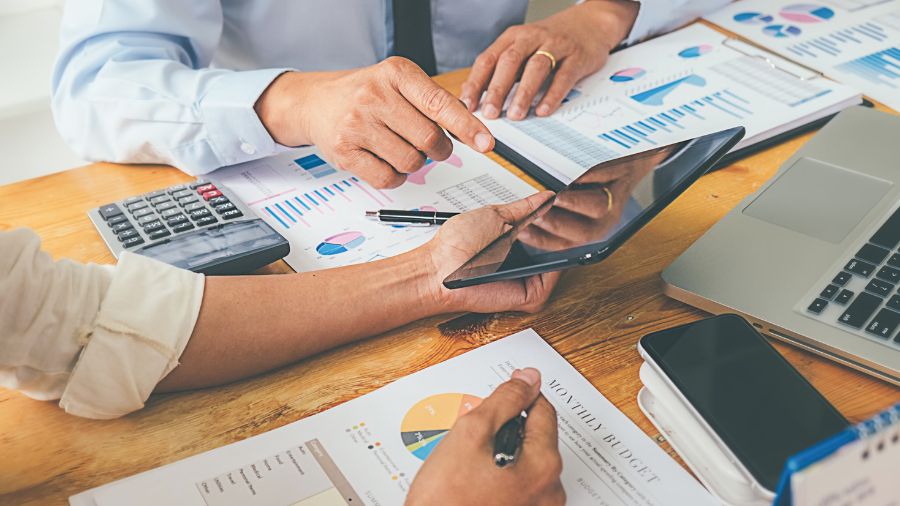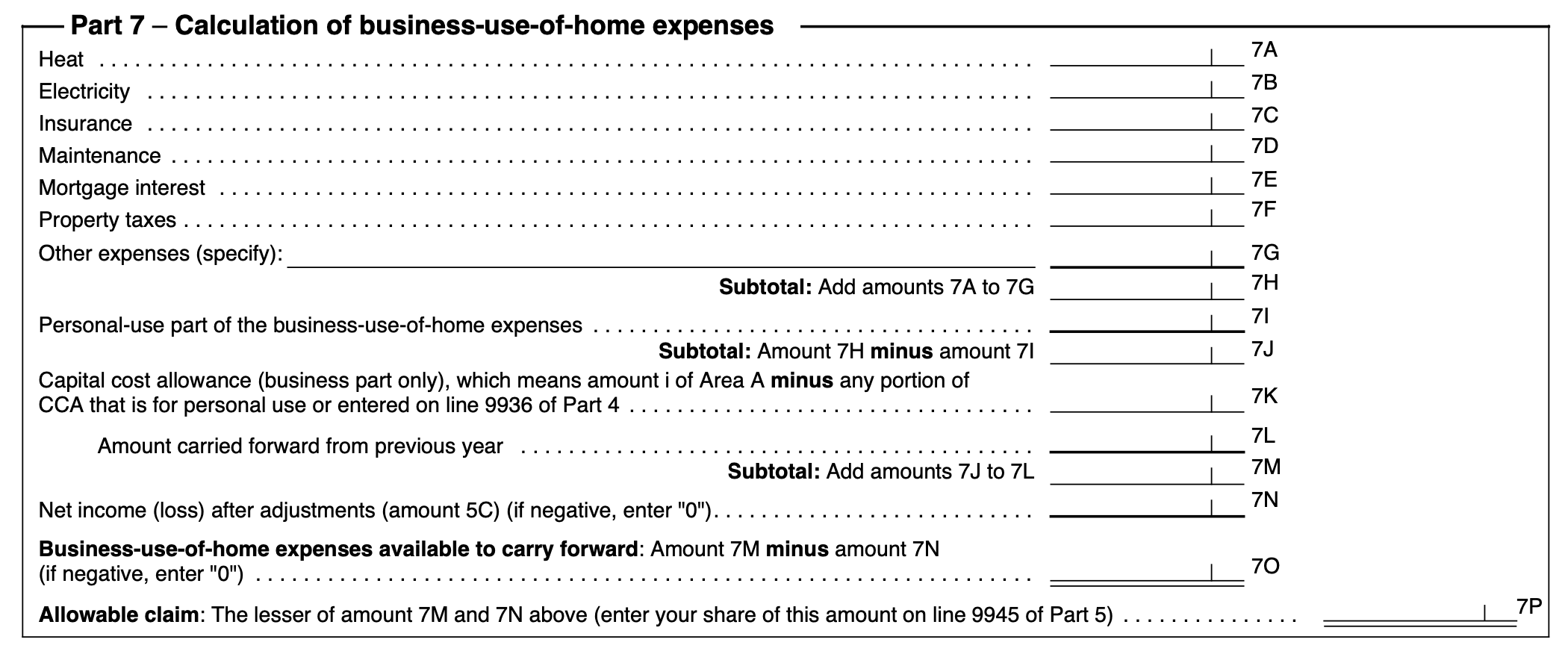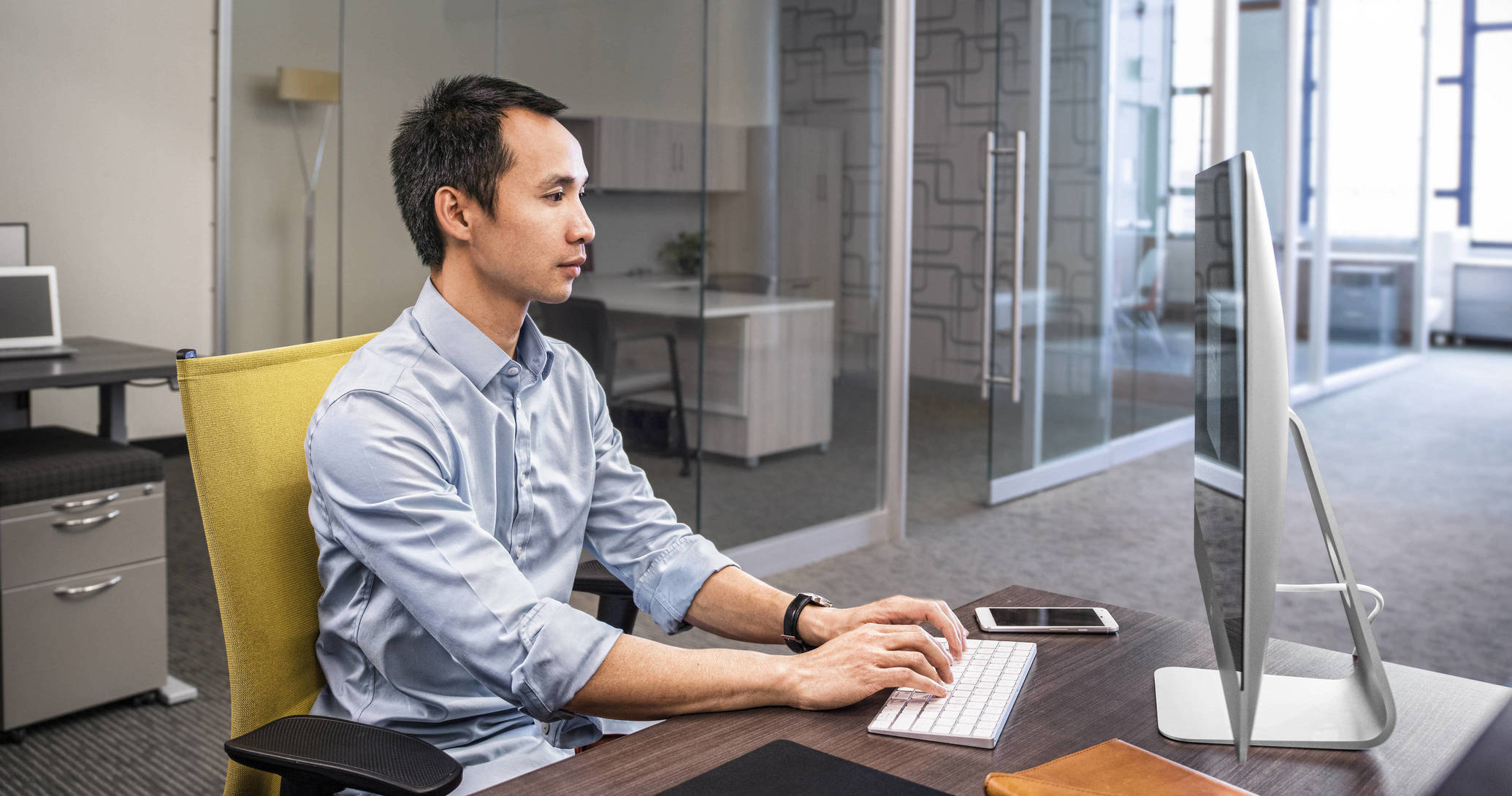How To Claim Vehicle Expenses
Certain vehicle expenses can be deducted on a personal income tax return if generated from work-related driving. An individual who drives their motor vehicle for business and personal use can only deduct the expenses incurred while using said vehicle to earn income.
A percentage of the mileage you drive and gas you use for work-related trips are such claimable expenses. However, individuals should note that regular commuting expenses, and the gas and mileage incurred while driving to and from your place of work, do not count as deductible expenses. Only the mileage, gas, and relatable parking fees associated with work duties will be approved by the CRA.
To write-off vehicle expenses, you will need Form T2125. On page 3, Part 4, fill in line 9281, Motor vehicle expenses (not including CCA).
Each year you should get into the habit of recording your vehicle’s odometer, and starting a logbook for mileage. Certain accounting software, such as QuickBooks Online, offers users a mileage tracker to keep track of the distance driven for work purposes. Such evidence shown in the logbook is required by the CRA to approve the deductions.
Check out this article for further details on writing-off various vehicle expenses.




